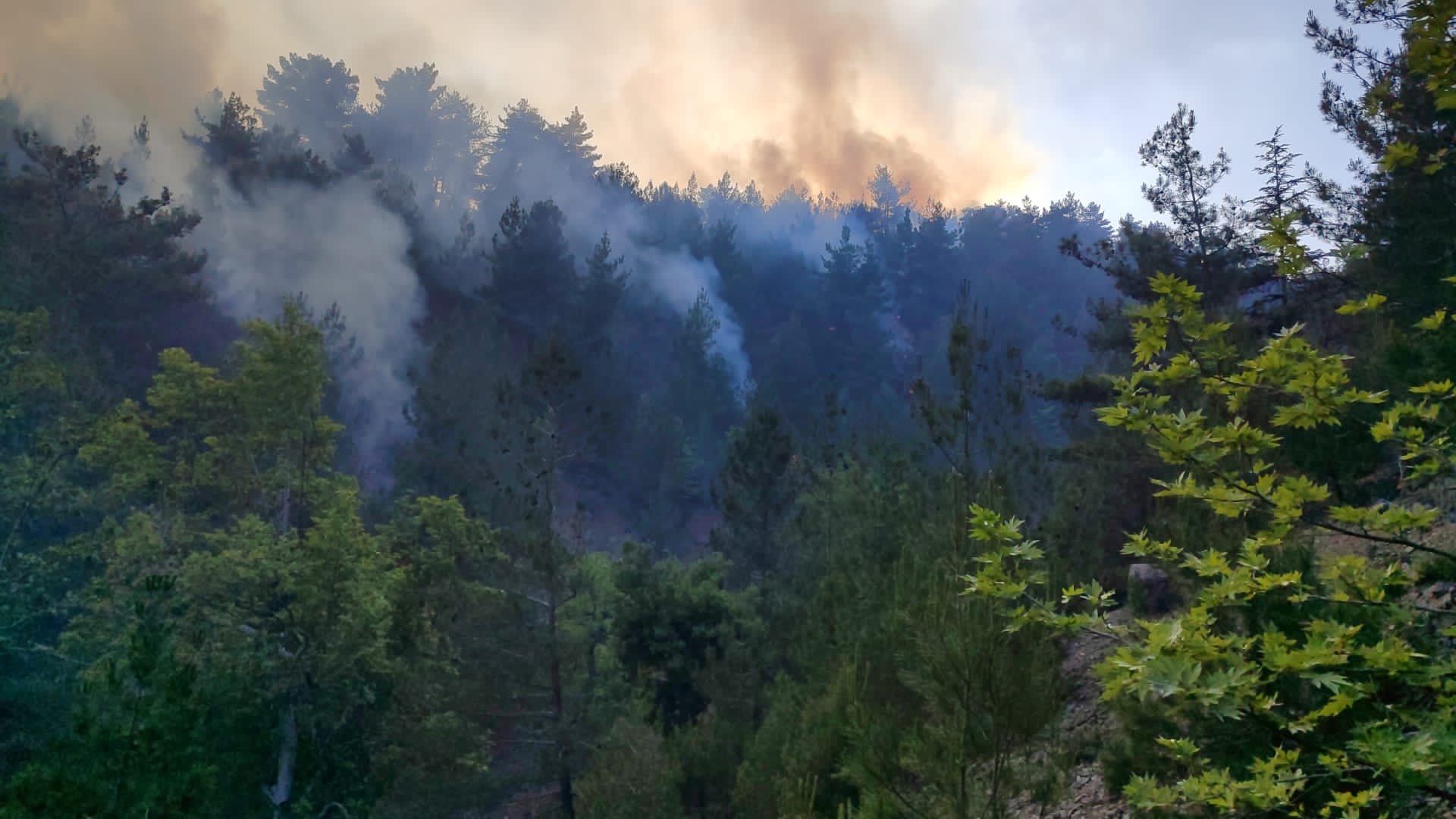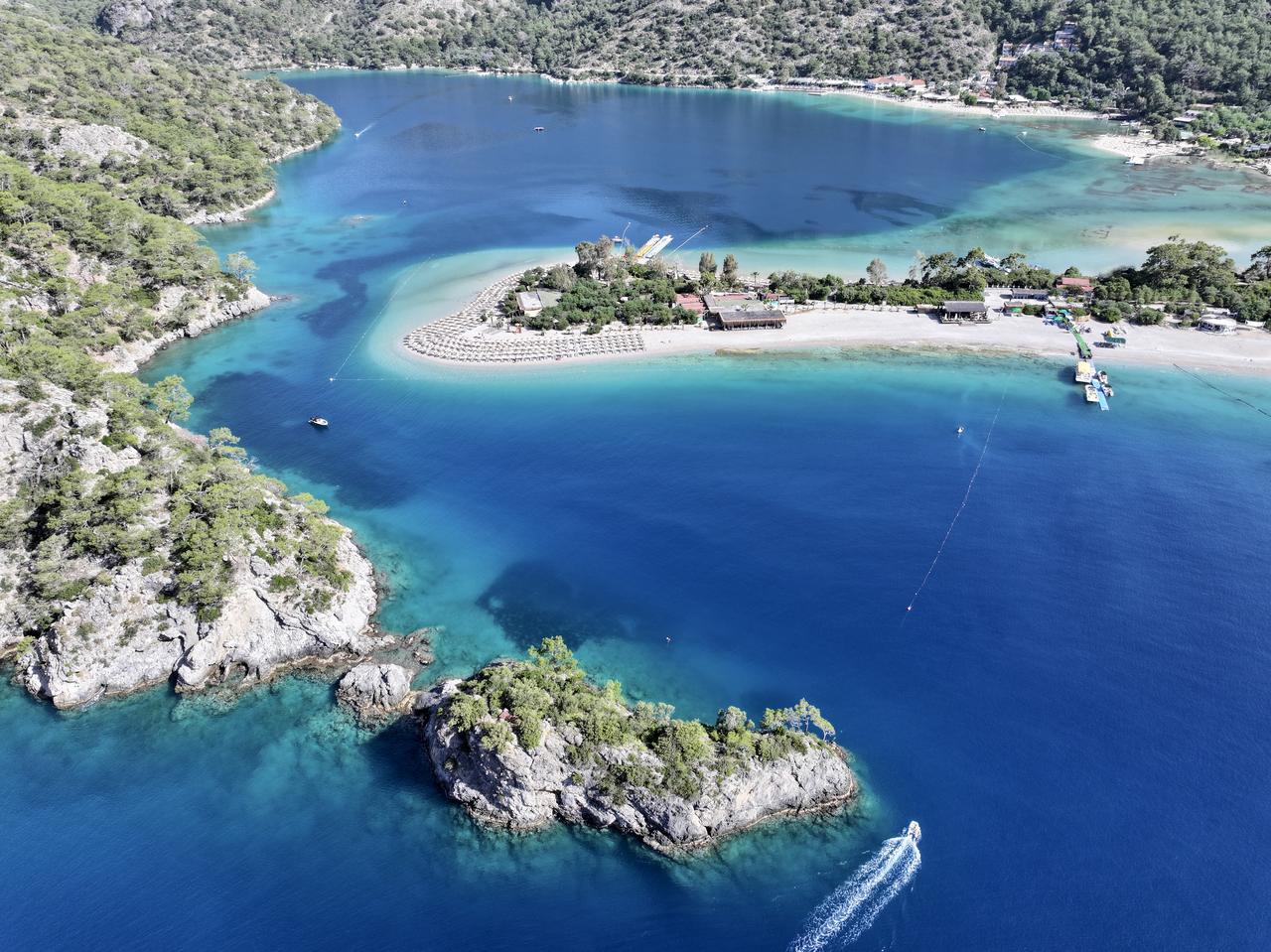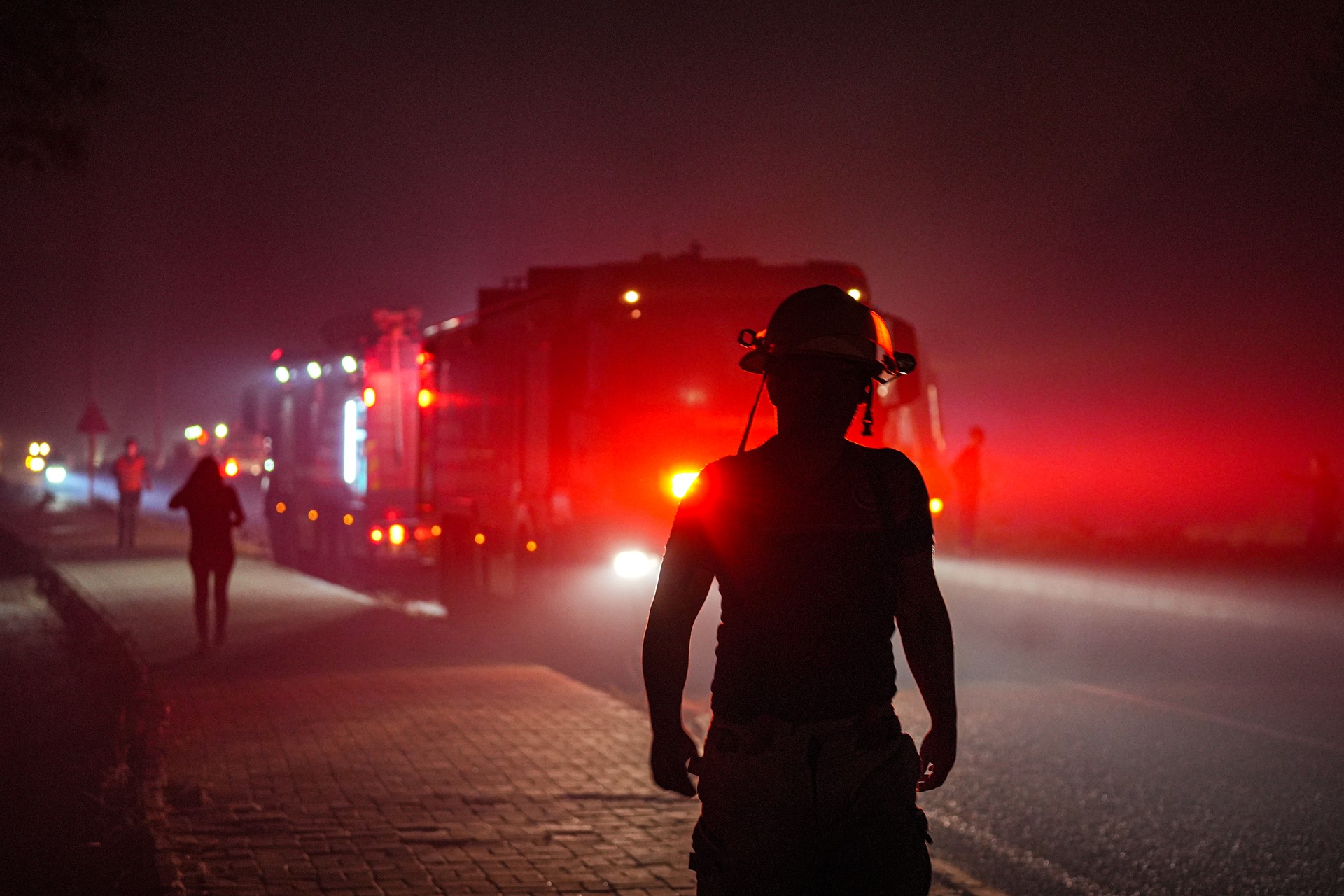
As Europe enters peak summer travel season, tourists heading to Türkiye, Greece, and Spain are being urged to stay informed about potential wildfire risks, insurance limitations, and changing tourism dynamics.
July and August are traditionally high-risk months for fires in southern Europe, with record temperatures and dry conditions creating dangerous environments in coastal and inland regions alike.

Travel writer Ash Bhardwaj told BBC Morning Live that wildfire season is now a serious concern for anyone traveling to the Mediterranean.
“We’re entering wildfire season, which peaks in July and August, and some of these places are seeing temperatures that peak at over 50 degrees Celsius,” he said. Bhardwaj added that 13% of travel insurance claims over the past five years have been related to natural disasters or evacuations.
Türkiye’s Aegean coast has seen major wildfire events in recent years. In August 2024, nearly 4,000 people were evacuated from Izmir due to a fast-moving blaze.
The EU's Copernicus programme reports that southeastern Europe has increasingly faced above-average fire danger in summer months, with strong winds and extreme heat accelerating the spread of fires.

Amid growing concerns over wildfire risks and high costs, Türkiye is attracting a growing number of European tourists who are seeking more affordable holiday options.
While Greece remains a popular destination, parts of Mykonos and Santorini are reportedly much quieter this year. Visitors have cited high prices and steep beach access costs as reasons for avoiding the islands.
A dinner for two in Greece can easily exceed €80 ($92.03), not including drinks. Online reviews frequently mention high charges for sunbeds, bottled water, and restaurants without listed prices.
By contrast, Türkiye’s Marmaris, Bodrum, and Antalya are seeing an uptick in bookings from EU and U.K. travelers. Reports indicate that even premium resorts in Türkiye cost significantly less than standard accommodations in Greece.
A weak lira and competitive package deals have made Türkiye a preferred option in 2025. Tourists also point to better airport transfers and cleaner beaches as reasons for making the switch.

In Spain, tension over mass tourism is rising. Tens of thousands of residents in Palma, Barcelona, Ibiza, and Granada have taken to the streets to demand stricter limits on tourist arrivals.
Demonstrators have called for bans on new hotel construction, higher tourist taxes, and caps on visitor numbers. Some activists in Majorca have even suggested direct actions to discourage tourists from coming, warning that they may target visitors to “create bad publicity.”
The movement, known by slogans such as “The Canaries have a limit” and “Less Tourism, More Life,” has gained visibility after record-breaking tourist arrivals in 2024. While authorities have yet to impose major new restrictions, protest leaders say continued inaction will only increase public anger.

Travelers heading to Spain, Türkiye, or Greece this summer are encouraged to follow safety guidance, avoid unlicensed taxis, and stay updated on Foreign Office travel advisories.
In Spain, using an unregistered taxi can result in fines of up to €600 ($690). Visitors are also reminded to be cautious with personal belongings and avoid leaving drinks unattended in bars, as drink spiking remains a reported risk in tourist areas.
With high temperatures, changing travel rules, and rising local tensions in some regions, early preparation is key. Tourists are advised to check official sources and insurance terms before departure to ensure a smooth and safe holiday.

For tourists visiting Türkiye, it is crucial to know how to stay safe during wildfires.
Here are some important guidelines:
By following these guidelines, tourists can ensure their safety and contribute to the efforts of local authorities and emergency services in managing wildfire situations effectively.